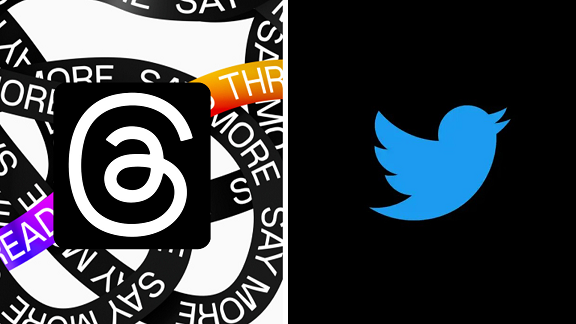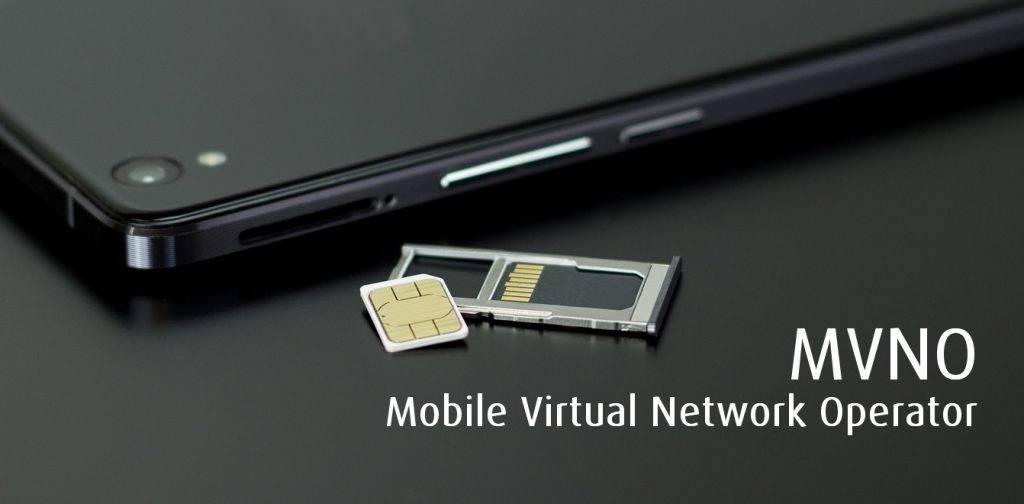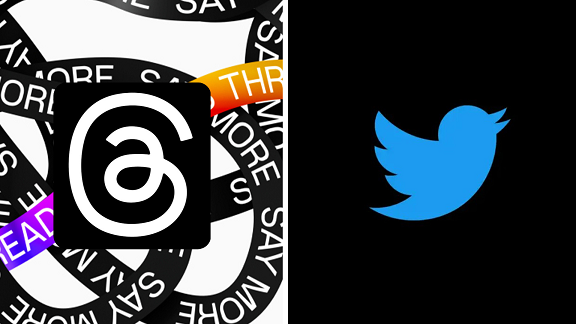Twitter vs Threads Comparison of the Killer Apps
Twitter vs Threads: A Comprehensive Comparison of Two Social Media Giants
In the vast realm of social media, Twitter and Threads stand as two prominent platforms that have captivated users worldwide. Both platforms offer unique features and cater to distinct communication styles, but their underlying purposes and functionalities differ significantly. In this article, we will delve into the intricacies of Twitter and Threads, comparing their key features, user experiences, impact on society, and their roles in shaping online conversations.
Understanding Twitter: The Micro-blogging Phenomenon
Twitter, established in 2006, revolutionized online communication by introducing the concept of microblogging. With its character limit of 280 characters per tweet, Twitter encourages concise and succinct expression. It has become a hub for real-time updates, breaking news, discussions, and the dissemination of information. Twitter’s core features include hashtags, retweets, and a follower-based system that enables users to build an audience and engage with a vast network of individuals, including celebrities, thought leaders, and influencers.
Exploring Threads: A Deep Dive into Conversational Interactions
Threads, a relatively new platform, emerged as a response to the need for more focused and prolonged conversations within the social media landscape. Built on the premise of extended threads or tweetstorms, Threads enables users to expand their thoughts and engage in more nuanced discussions. Unlike Twitter’s character limit, Threads allows for longer-form content by chaining tweets together, enhancing continuity and coherence. Threads’ interface is designed to emphasize the sequential nature of conversations, making it easier for users to follow along and participate in meaningful exchanges.

Comparing Key Features and User Experiences
- Content Format: Twitter’s short-form content format encourages brevity and immediate impact. Users must condense their thoughts into concise statements, facilitating quick consumption and high engagement. On the other hand, Threads offers a long-form content format that allows for more extensive discussions, explanations, and elaborations.
- Engagement and Interaction: Twitter’s emphasis on real-time updates and its broad user base make it a hub for rapid-fire conversations. Users can engage in public discussions, mention others, and participate in viral trends. Threads, on the other hand, fosters deeper and more prolonged interactions. Its sequential format enables users to follow the flow of conversations and engage in more thoughtful exchanges.
- Discoverability and Trending Topics: Twitter’s trending topics and hashtags provide a snapshot of what is popular and currently being discussed worldwide. Users can discover new content, join conversations, and follow trending events. Threads, while less focused on trends, allows users to explore extended discussions and dive deeper into specific topics of interest.
- Networking and Influencer Culture: Twitter’s follower-based system and the presence of influential figures make it a powerful platform for networking, building a personal brand, and amplifying one’s voice. Threads, with its sequential conversations, fosters a sense of community and enables users to establish connections and engage in meaningful dialogues.
The Impact on Society and Online Conversations
Both Twitter and Threads have had a significant impact on society and online conversations. Twitter’s real-time nature has made it a vital source of breaking news, allowing individuals to share information rapidly and contribute to public discourse. Its concise format has also been a catalyst for viral trends, enabling messages to spread quickly and engage a wide audience.
Threads, while relatively newer, has garnered attention for fostering deeper conversations and encouraging thoughtful engagement. By allowing for longer-form content, it has facilitated discussions on complex topics and helped create communities of like-minded individuals passionate about specific subjects.
However, both platforms face challenges. Twitter has been criticized for the spread of misinformation, harassment, and the difficulty of fostering substantial conversations within the character limit. Threads, while offering a more extended format, may be less accessible to users accustomed to the brevity of traditional social media platforms.

Conclusion
In the ever-evolving landscape of social media, Twitter and Threads have carved out distinct niches. Twitter’s microblogging format and real-time nature have made it a go-to platform for quick updates and breaking news. On the other hand, Threads offers a space for more extended and in-depth conversations, facilitating thoughtful engagement and exploration of various topics.
Threads, while offering certain features, falls short in providing private messaging options beyond text limits. It notably lacks an in-app messaging system that is present on platforms like Twitter. Additionally, the search functionality on Threads is limited to usernames and accounts, rendering hashtags ineffective in this particular aspect of the ‘fediverse‘.
Ultimately, the choice between Twitter and Threads depends on individual preferences and communication styles. Twitter’s brevity and fast-paced nature appeal to those seeking immediate engagement, while Threads caters to users who value prolonged discussions and coherence.
As both platforms continue to evolve and adapt to user needs, it will be fascinating to see how they shape the future of online conversations and social media interactions.
By Abdul W Moghul
 MVNO MVNE MNO Mobile & Telecoms industry intelligence Telecoms Jobs, News and Business
MVNO MVNE MNO Mobile & Telecoms industry intelligence Telecoms Jobs, News and Business






